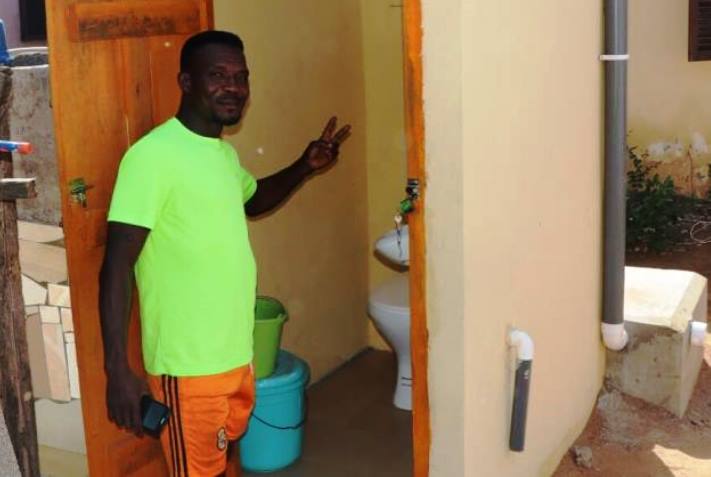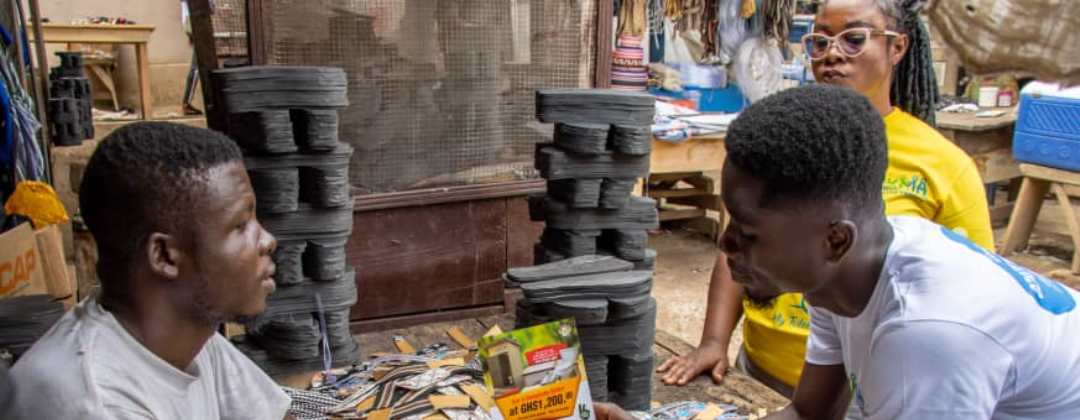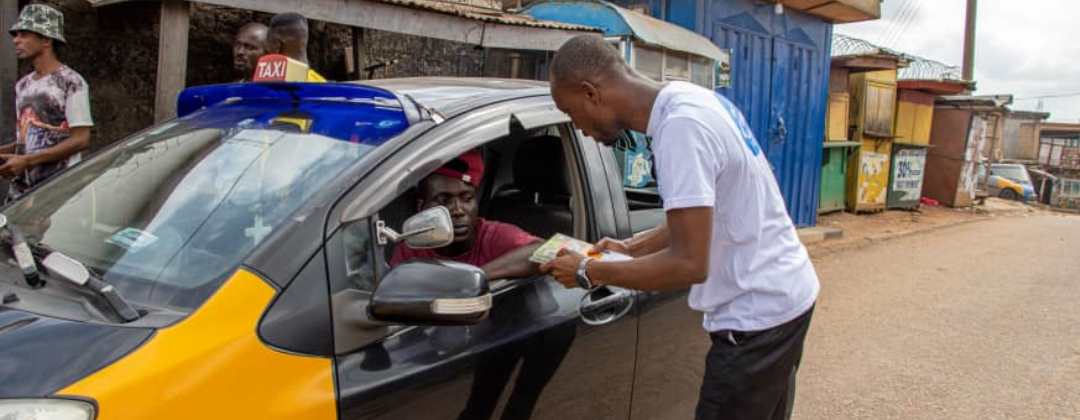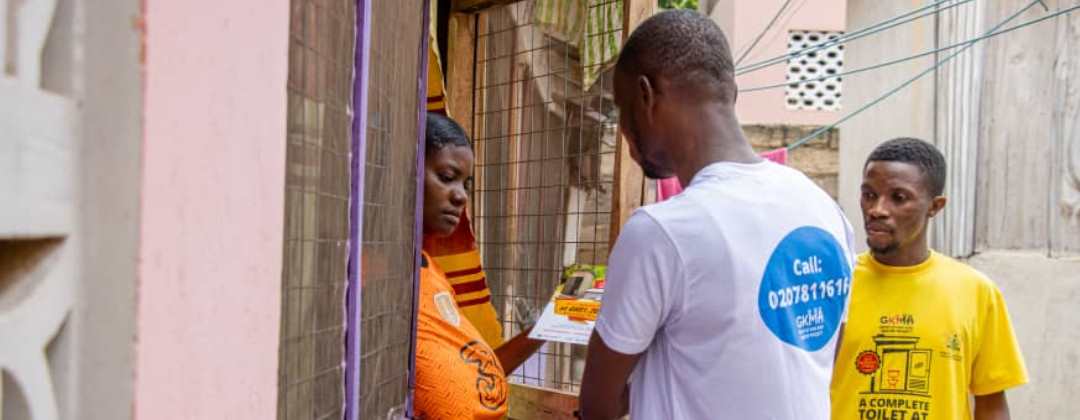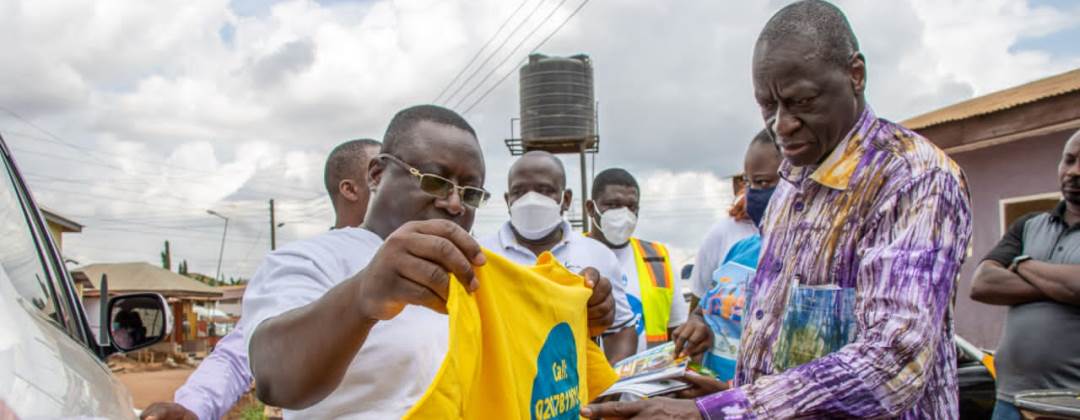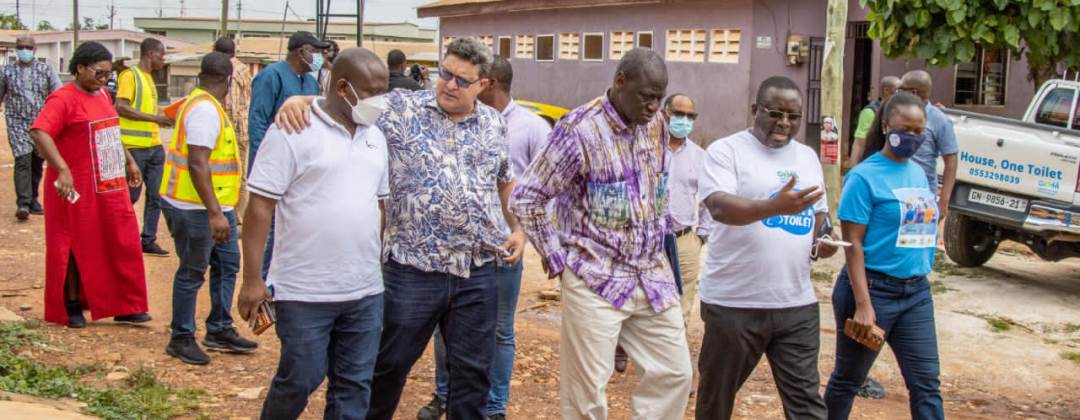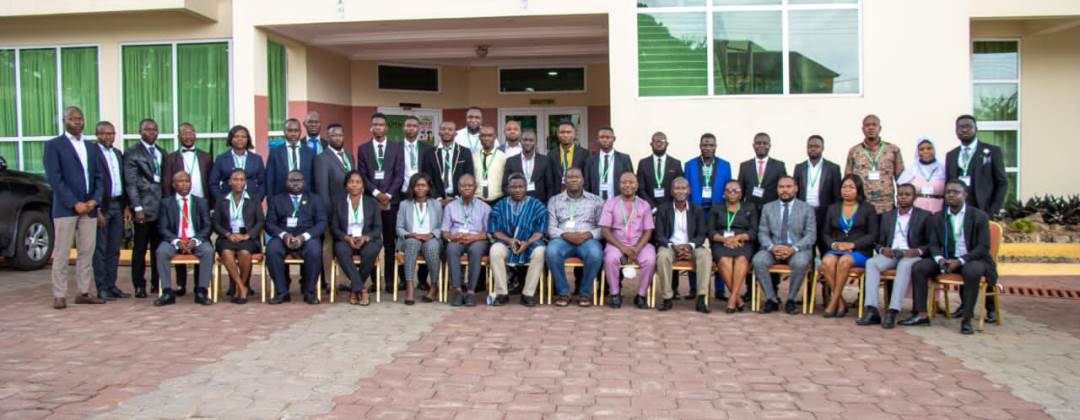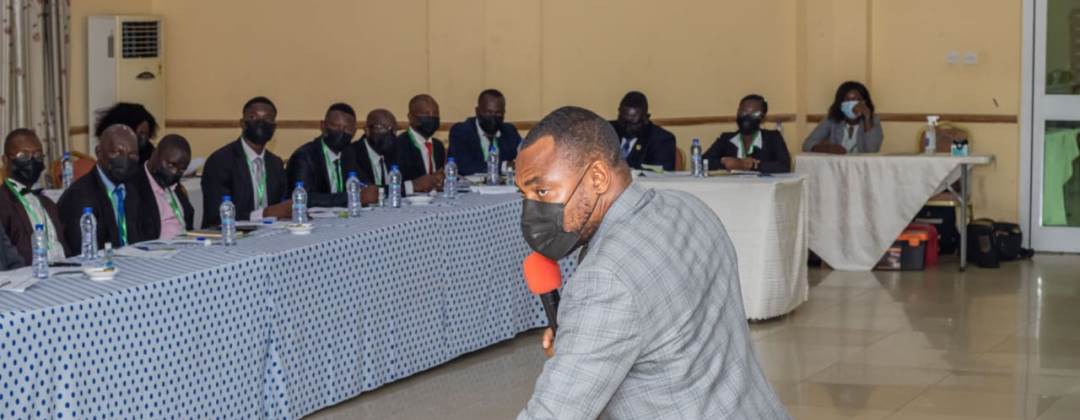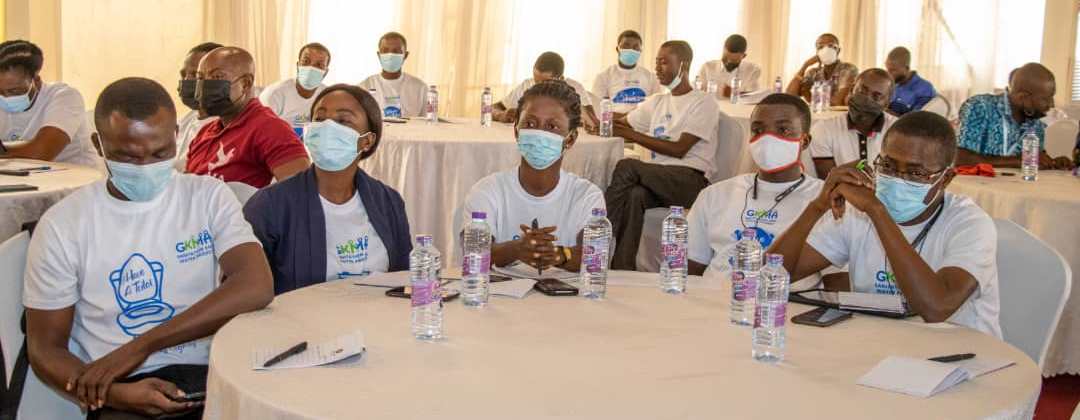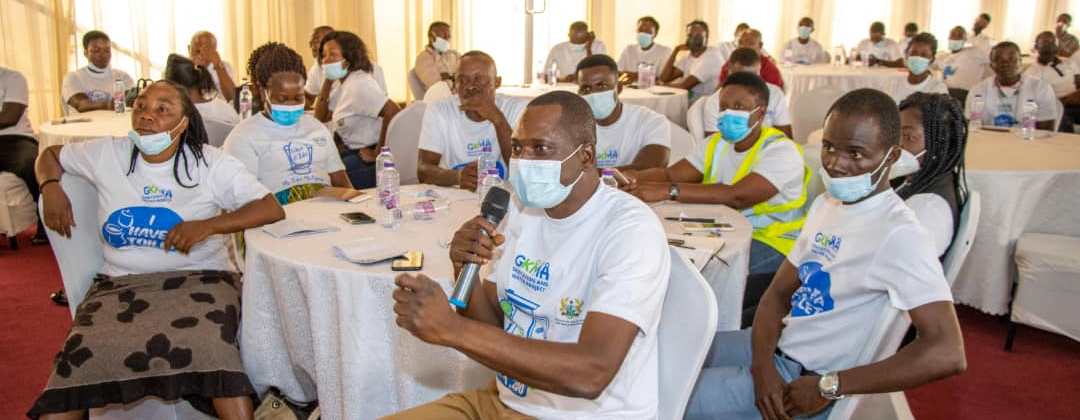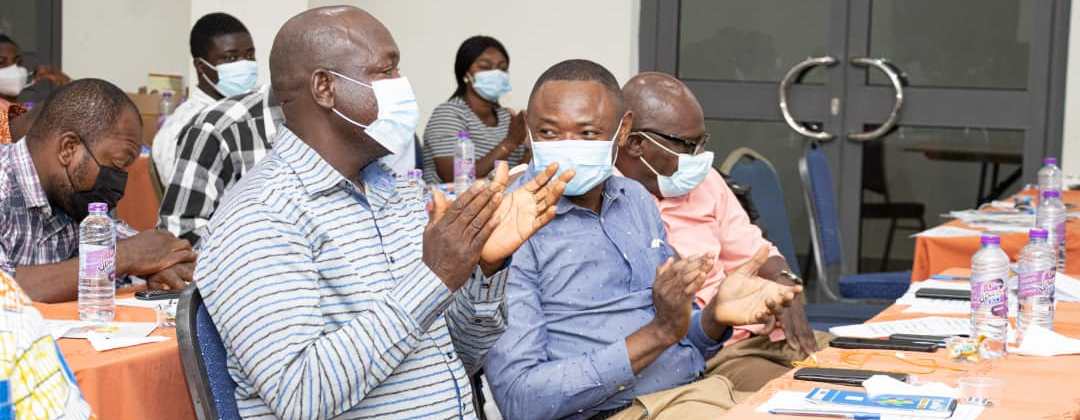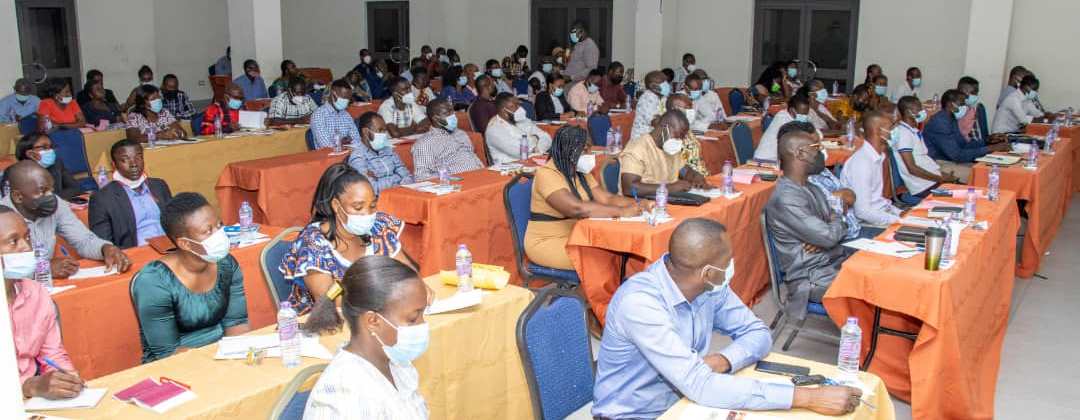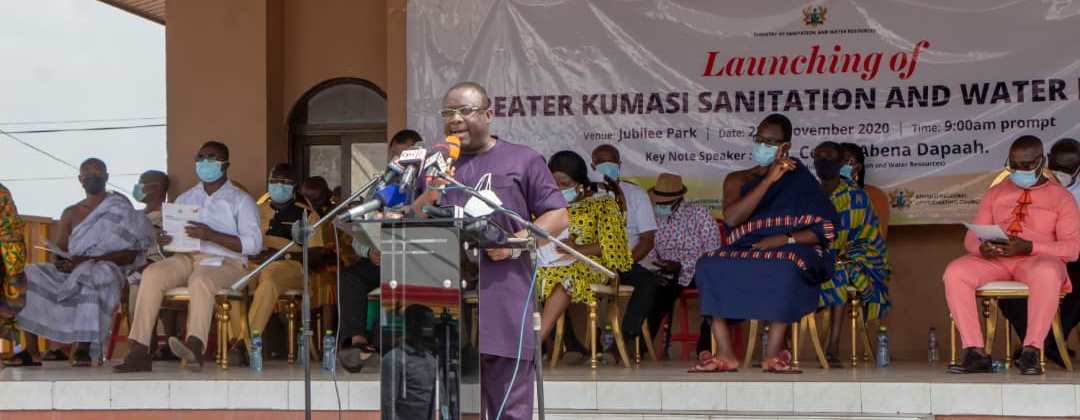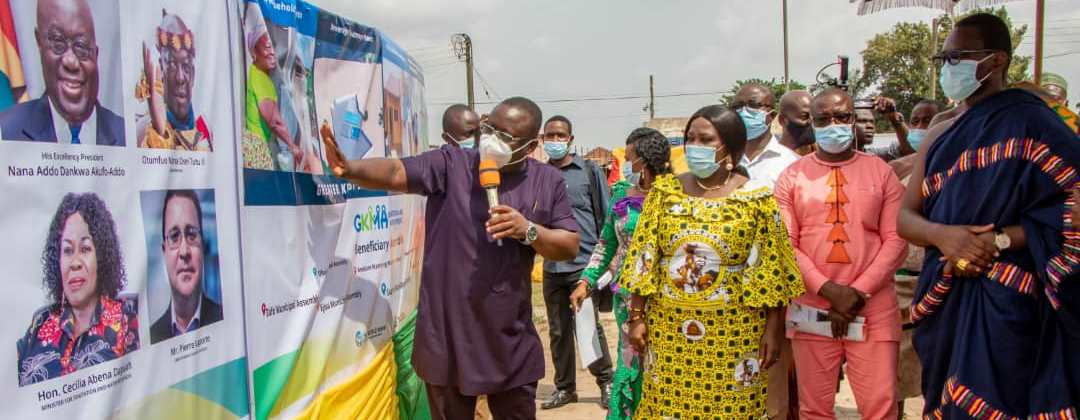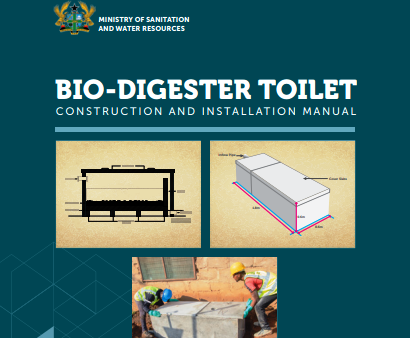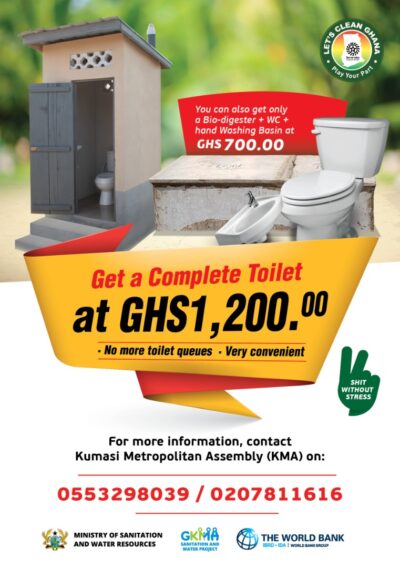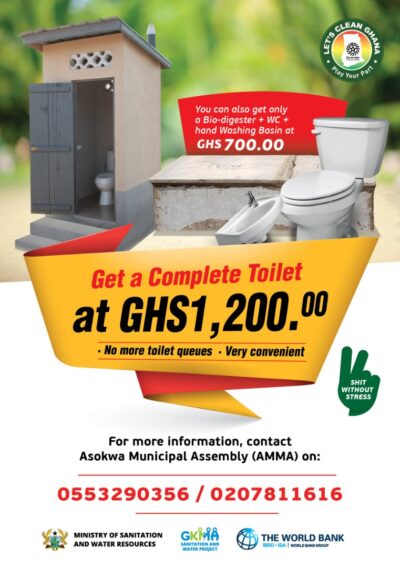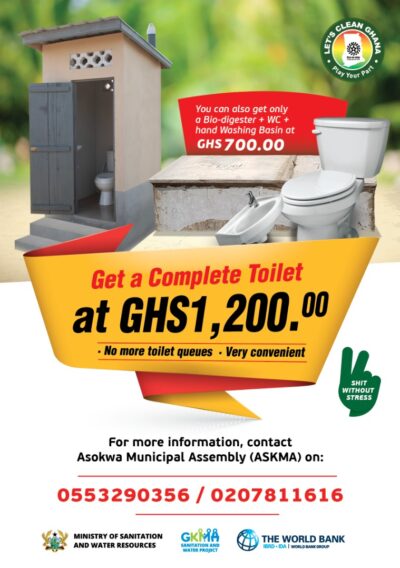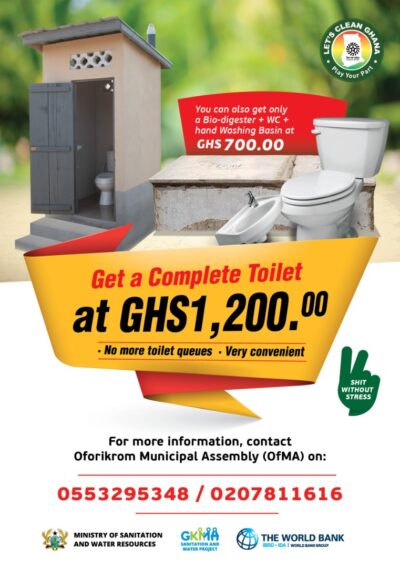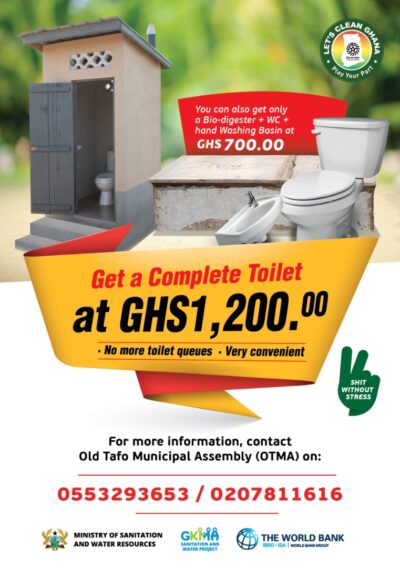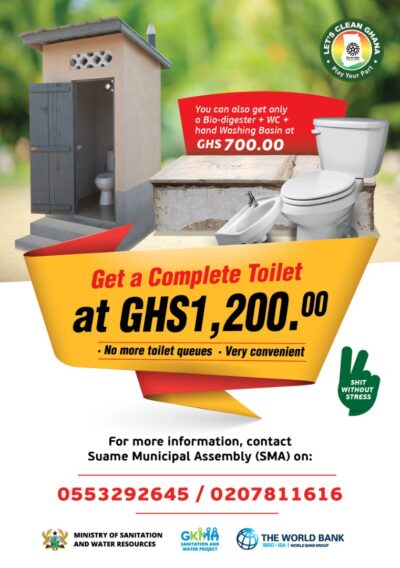The GKMA Project
The Greater Kumasi Metropolitan Area (GKMA) Sanitation and Water Project is a sequel to the most touted GAMA Sanitation and Water Project which is expected to close on 31st December 2020. The parent GAMA Sanitation and Water Project was implemented in the Greater Accra Metropolitan Area (GAMA) and has been awarded the Most Impactful WASH Project in Ghana over the past decade
Projects
Increasing access to sanitation services in priority low income areas; support the expansion of water distribution network in GKMA to provide piped water to low income urban communities; support the improvement of sanitation services, including wastewater and septic sludge management investments, planning of liquid waste management and drainage; institutional strengthening
Reports
The GKMA Project is gathering reports on all happenings and these are in the categories of sanitation and water and subcategories of baseline reports, briefs, environmental and social safeguards reports, and others. Reports include, among many others, creating demand for household toilet through Law enforcement in GAMA and Accessible Sanitation and Water for Low-income communities
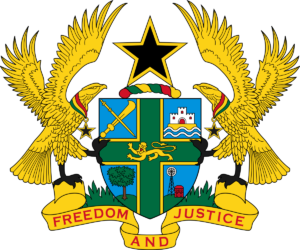
Public Disclosure Notice
The Government of Ghana, acting through the Ministry of Sanitation and Water Resources, is implementing the Greater Accra Metropolitan Area (GAMA) Sanitation and Water Project (GAMA SWP) with financing from the World Bank. The project development objective of the GAMA SWP is to increase access to improved sanitation and improved water supply in GAMA with emphasis on low income communities and to strengthen management of environmental sanitation in the GAMA.
News & Updates
-
Nana Addo Dankwa Akufo Addo, the President of the Republic of Ghana, has commissioned the Ashaiman and Bankuman Sewerage Treatment Systems at Ashaiman TDC Quarters.
-
Sanitation Ministry trains Environmental Health Officers on sanitation laws
-
Environmental Officers Build Capacity in Prosecution
-
World Bank lauds Ghana for GAMA, GKMA projects
-
World Bank Vice President visits Water and Sanitation Project sites
-
Gov’t to construct 30,000 household toilets in Greater Kumasi Metropolitan Area
-
Many people value mobile phones than toilets; 22% of Ghanaians still shit in gutters, bush — Sanitation Minister
-
22% of Ghanaians Practice Open Defecation-Sanitation Minister
-
GAMA SWP Parent Project Got 34,500 households with improved toilets – Eng. George Asiedu
-
Minister for Sanitation and Water Resources and World Bank Ghana Country Director visit the GAMA/GKMA Sanitation and Water Project Exhibition Stand
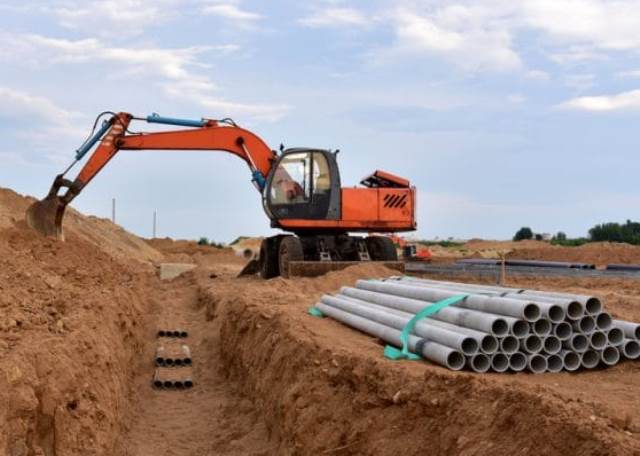
GAMA and GKMA Water and Sanitation Project launched
The Greater Accra Metropolitan Area (GAMA) and Greater Kumasi Metropolitan Area (GKMA) Sanitation and Water project has been launched in Ghana by the country’s Minister of Sanitation and Water Resources, Cecilia Abena Dapaah. According to the minister, the project will be carried out in a period of 48 months. It mainly involves the laying of 120 kilometers of new water pipes that will be used to connect 10,000 low-income households to the Ghana Water Company Limited (GWCL)
